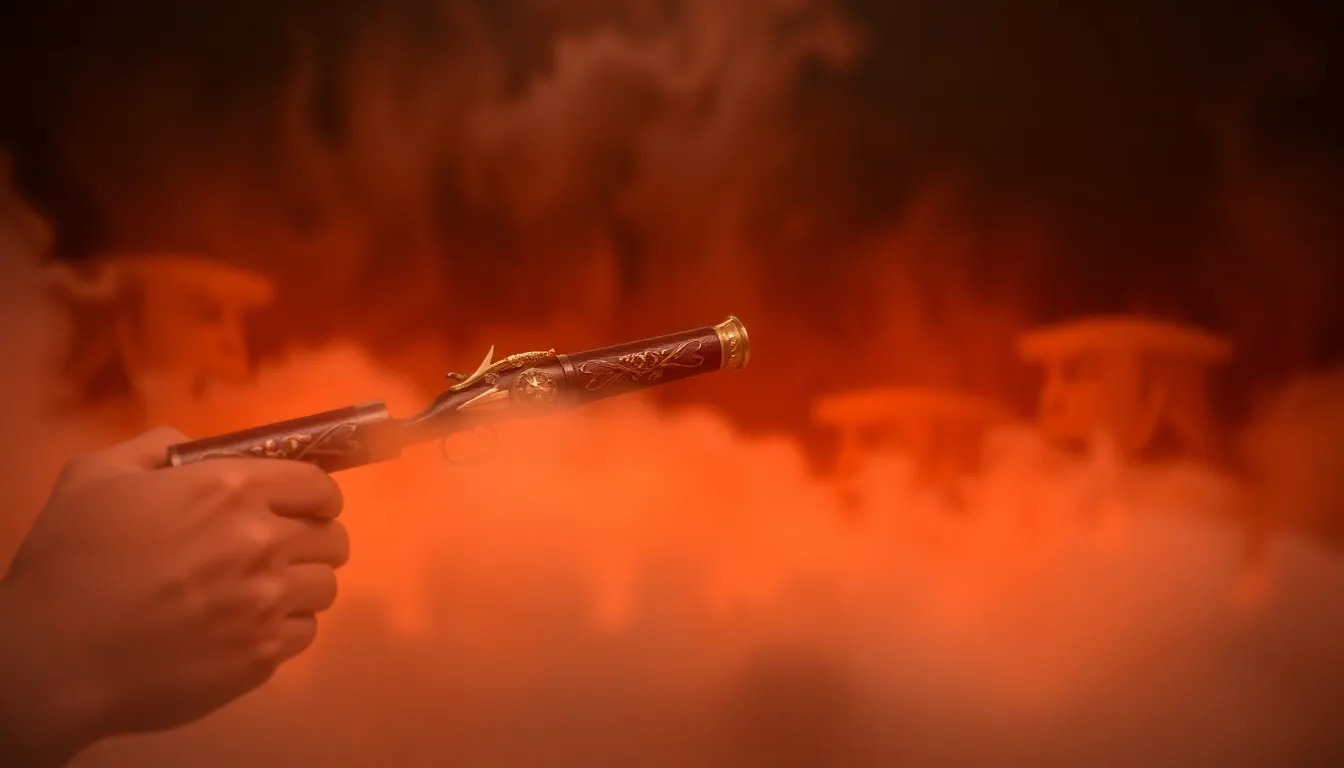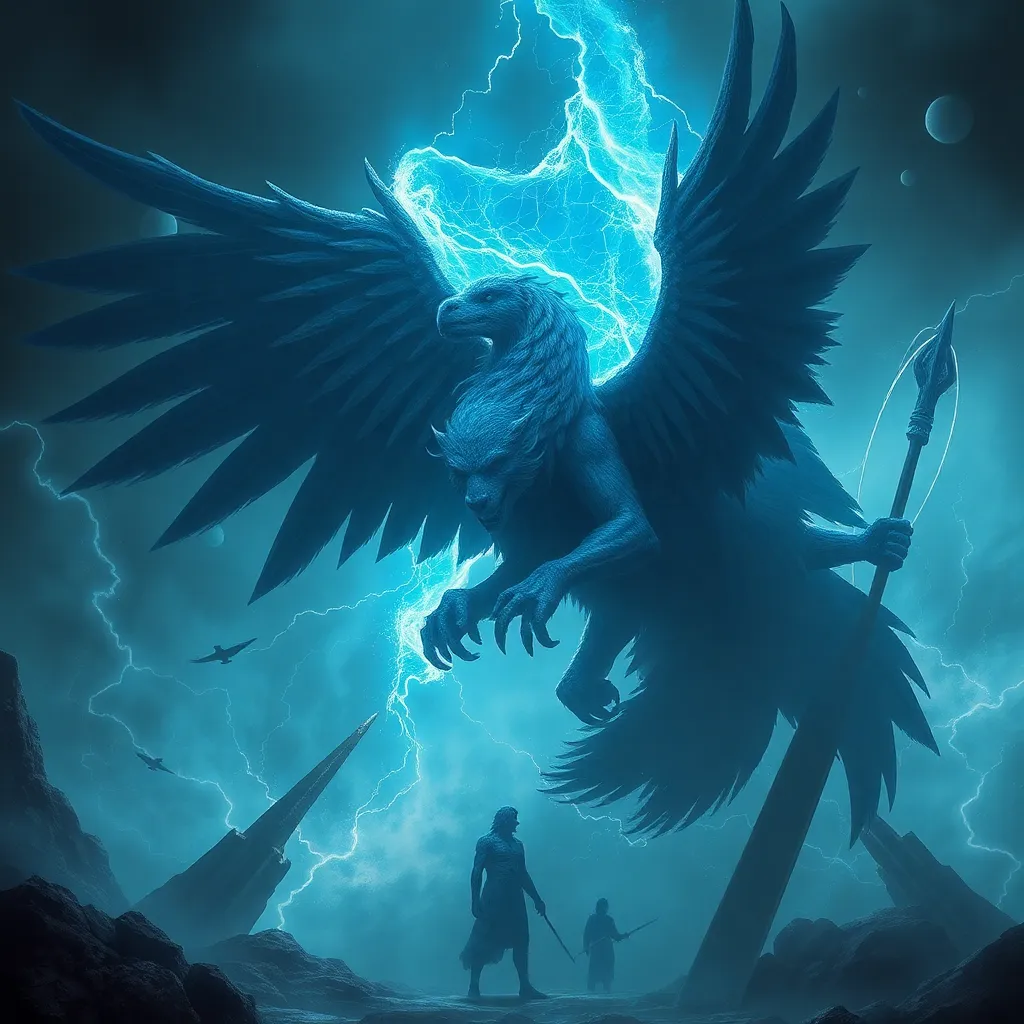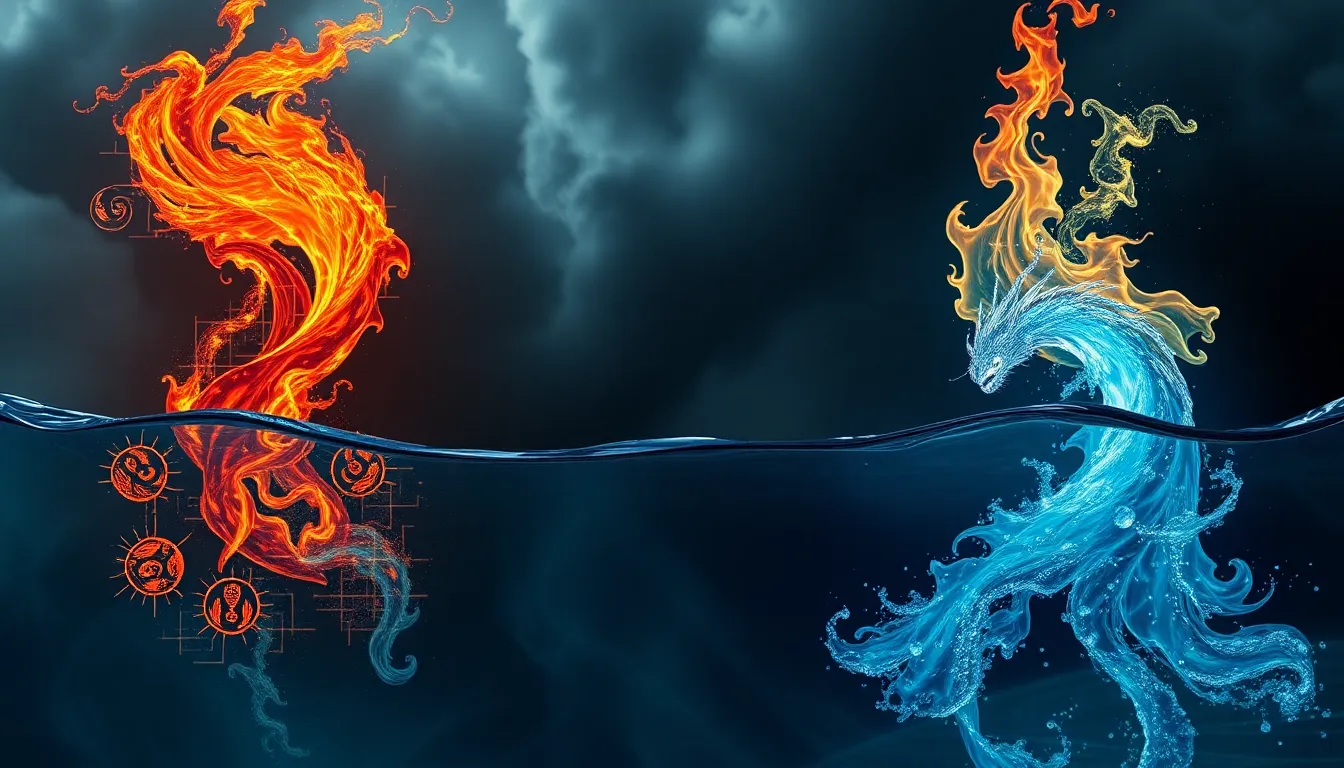The Divine Duel: Legendary Battles You Need to Know!
Introduction to Divine Duels
Divine duels are epic confrontations between gods, goddesses, and legendary heroes that permeate mythology and literature. These battles often symbolize the struggle between good and evil, chaos and order, and the human condition itself. In various cultures, such duels serve not only as entertainment but also as a means to convey moral lessons, cultural values, and the inherent conflicts that define human existence.
The importance of these battles extends beyond mere storytelling; they are integral to cultural narratives and beliefs, illustrating how ancient societies understood the world and their place in it. Through divine duels, we gain insight into the virtues and vices of humanity, as well as the divine intervention that shapes their destinies.
The Origins of Legendary Battles
Legendary battles have been documented throughout ancient texts and epics. From the grand narratives of Homer to the intricate tales of the Vedas, these confrontations illustrate the powerful role that divine beings have played in shaping human history. They often reflect societal values, fears, and aspirations.
In these narratives, divine beings are not just distant entities; they actively engage in human affairs and morality. Their actions often serve as a reflection of human characteristics, leading to moral dilemmas that challenge both gods and mortals alike.
Prominent Figures in Mythological Duels
Throughout history, various divine figures have emerged in mythological duels, each embodying unique traits and stories. Here are some of the prominent figures:
- Zeus: The king of the Greek gods known for his thunderbolts and authority over Olympus.
- Thor: The Norse god of thunder, known for his immense strength and protection of humanity.
- Hercules: A legendary hero famed for his twelve labors and divine parentage.
- Shiva: A principal deity in Hinduism, representing destruction and regeneration.
These characters not only engage in physical battles but also represent larger cosmic struggles that resonate with human experiences.
The Epic Battle of the Gods: Greek Mythology
One of the most significant divine duels in Greek mythology is the Titanomachy, a colossal struggle between the Titans and the Olympian gods. This epic conflict marked the transition from the rule of the Titans, led by Cronus, to the reign of the Olympians, led by Zeus.
Key battles in the Titanomachy include:
- The defeat of Cronus by Zeus, which established the Olympian order.
- The battle between the Cyclopes and the Titans, showcasing the power of divine craftsmanship.
- The role of Prometheus, who sided with the Olympians and is known for his intelligence and foresight.
The Titanomachy holds significant implications for Greek mythology, emphasizing themes of rebellion, the cyclical nature of power, and the necessity of balance between chaos and order.
Norse Mythology: Ragnarok and the Final Battle
In Norse mythology, Ragnarok represents the prophesied end of the world, culminating in a series of devastating battles among gods and monsters. This apocalyptic event is marked by significant confrontations that reveal the fate of the cosmos.
Key figures involved in Ragnarok include:
- Odin: The chief god, who leads the charge against the giants.
- Thor: Known for his final battle with the Midgard Serpent, Jörmungandr.
- Fenrir: The monstrous wolf destined to slay Odin.
The implications of these battles extend beyond mere destruction; they symbolize rebirth and the cyclical nature of existence, where death leads to new beginnings.
Hindu Epics: The Mahabharata and the Battle of Kurukshetra
The Mahabharata, one of the longest epics in world literature, centers around the Battle of Kurukshetra, a monumental war between the Pandavas and the Kauravas. This battle is rich with divine significance, particularly through the involvement of Krishna, who serves as Arjuna’s charioteer and divine guide.
Key aspects of this epic battle include:
- The moral dilemmas faced by Arjuna, who struggles with the consequences of fighting against his own kin.
- The teachings of Krishna, which encompass profound philosophical and spiritual insights.
- The portrayal of dharma (duty) and its implications in the context of warfare.
The divine aspects of the Mahabharata highlight the complexities of human nature and the eternal quest for righteousness amidst conflict.
The Duel of Fate: Biblical Battles and Their Divine Implications
In the biblical context, significant confrontations such as David vs. Goliath exemplify the theme of divine intervention in battles. This narrative underscores the triumph of faith, courage, and the belief that divine favor can determine the outcome of conflicts.
Other notable biblical battles include:
- The Israelites’ battles against the Philistines, where divine support is often evident.
- The confrontation between Moses and Pharaoh, leading to the Exodus.
- The spiritual warfare depicted in the New Testament, especially in the context of Jesus’ teachings.
These encounters reflect the intertwining of faith and warfare, illustrating how divine presence influences human struggles.
Cultural Interpretations of Divine Duels
Different cultures have their own interpretations of legendary battles, adapting these confrontations to fit their unique contexts. The influence of divine duels is evident in various forms of art, literature, and modern media.
- In literature, epic poetry often draws on these themes to explore the human condition.
- In visual arts, paintings and sculptures depict famous duels, capturing their dramatic essence.
- In film and television, stories of divine confrontations continue to captivate audiences, often reimagined in contemporary settings.
The adaptability of these narratives highlights their universal relevance and the timeless fascination with the divine struggle.
Lessons Learned from Legendary Battles
Divine duels offer profound moral and philosophical insights that resonate with modern society. Some lessons include:
- The importance of courage and resilience in the face of adversity.
- The complexities of moral choices and the consequences of actions.
- The enduring belief in the power of good to triumph over evil.
These lessons remain pertinent today, encouraging reflection on our own conflicts and the values we uphold.
Conclusion: The Enduring Legacy of Divine Duels
The legacy of divine duels continues to captivate the imagination, reflecting the struggles and aspirations of humanity throughout the ages. As we explore contemporary narratives, the themes of these legendary battles remain relevant, echoing in the stories we tell and the conflicts we face.
From ancient texts to modern media, the fascination with divine confrontations underscores the timeless nature of these epic struggles, reminding us of the enduring power of storytelling to shape our understanding of the world.



